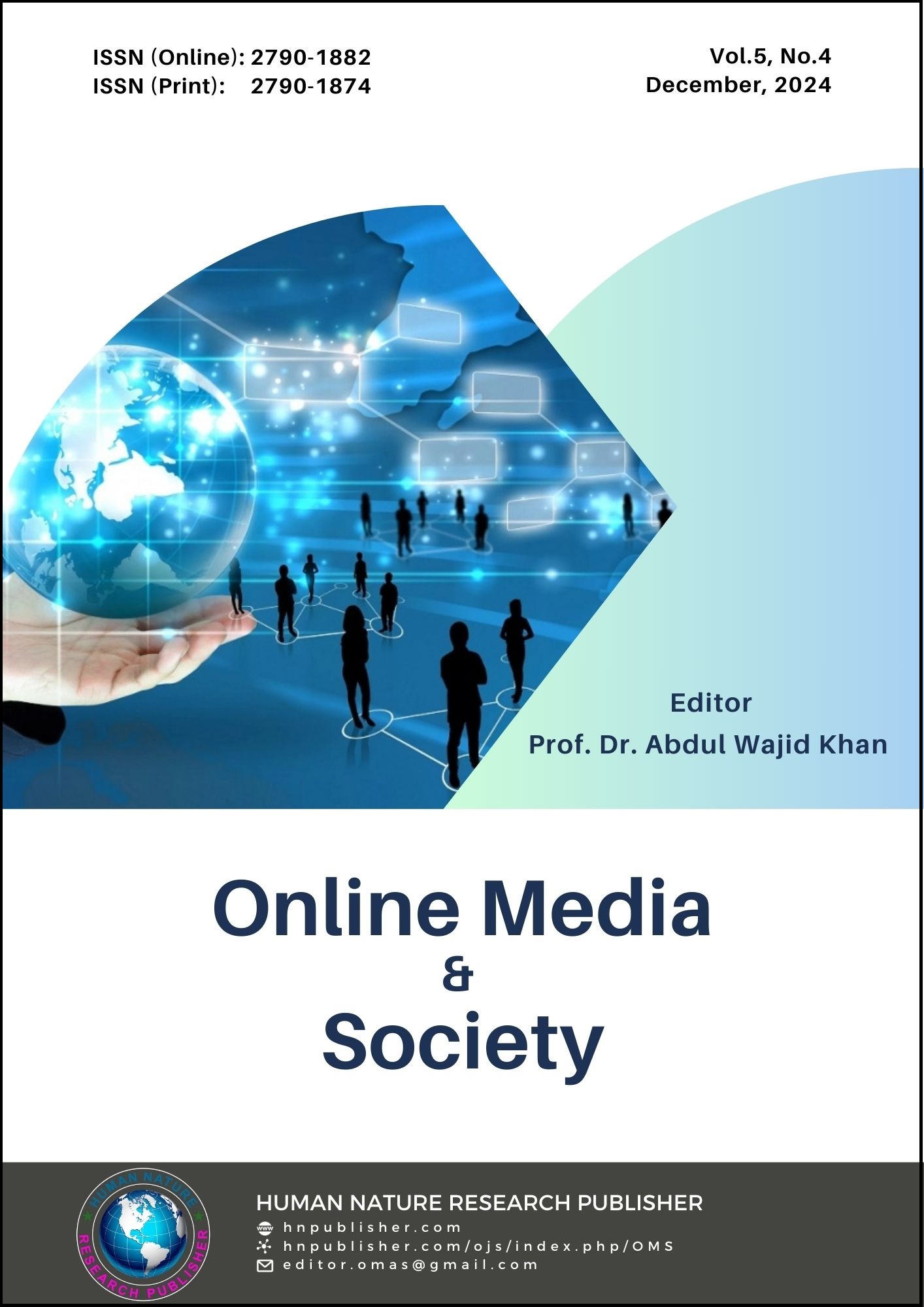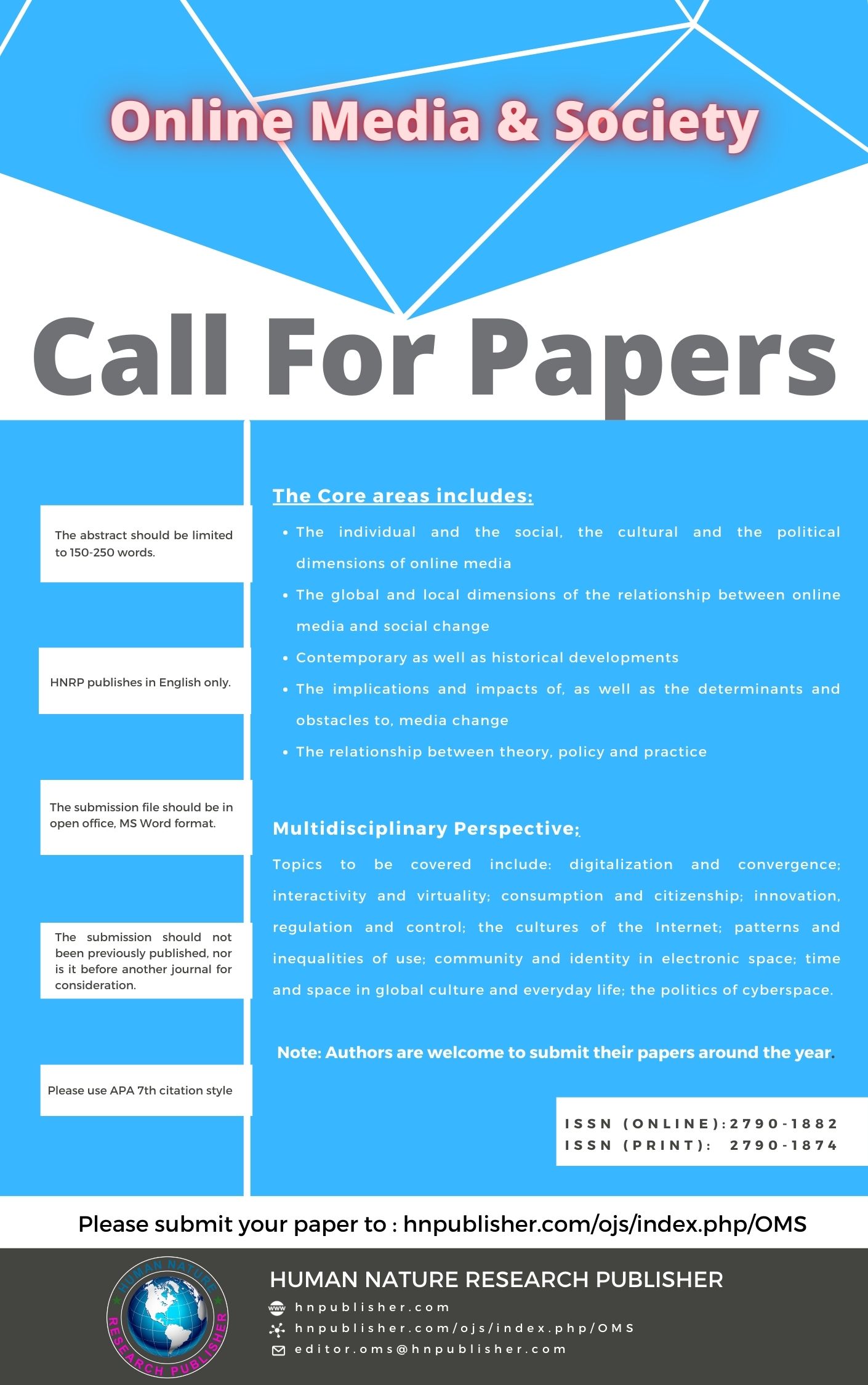Fear of Missing Out (FOMO), Cyberloafing and Role of Dark Triad in Employees: A Study in the Pakistani Context
DOI:
https://doi.org/10.71016/oms/0aema451Keywords:
Dark Triad, Fear of Missing Out (FOMO), Cyberloafing, Hayes Process Macro, T-test, ANOVA, ModerationAbstract
Background: The ubiquitous presence of digital technology creates a double-edged sword for employees, fostering both fear of missing out (FOMO) and cyberloafing behavior. While constant online connectivity facilitates access to information and social interaction, it can also lead to unproductive digital activities that ultimately impact employee well-being and productivity.
Methodology: This quantitative correlational study explored the intricate relationship between FOMO and cyberloafing among 238 Pakistani employees from Rawalpindi and Islamabad. Standardized measures were employed to collect data, including a socio-demographic form, the FOMO Scale (Przybylski et al., 2013), the Cyberloafing Scale (Lim & Teo, 2005), and the Short Dark Triad (SD3) (Jones & Paulhus, 2014).
Results: t-tests and ANOVA were employed to investigate the impact of demographic factors on the study variables. Analysis revealed a strong positive correlation between FOMO and cyberloafing. Furthermore, demographic factors such as gender, education, job type, organizational affiliation, and marital status also significantly influenced the study variables, highlighting the importance of considering individual employee differences.
Conclusion: This investigation of cyberloafing behavior in the Pakistani context holds significant implications for improving efficiency, economic productivity, and educational practices. Understanding cultural nuances and how the Dark Triad manifests within this cultural setting can be crucial for addressing FOMO and cyberloafing among employees.
Downloads
Published
Issue
Section
License
Copyright (c) 2024 Unsa Andaleeb Ayub, Umm Eman Syed, Dr. Anam Khan, Neelam Yaseen (Author)

This work is licensed under a Creative Commons Attribution-NonCommercial 4.0 International License.








